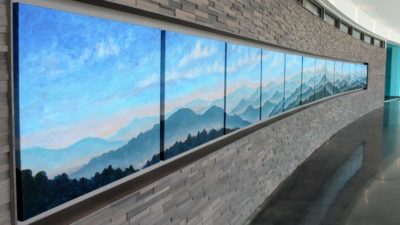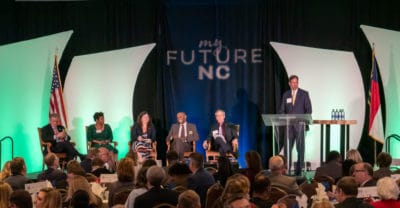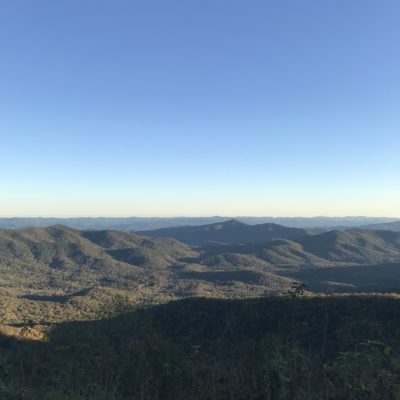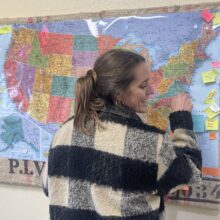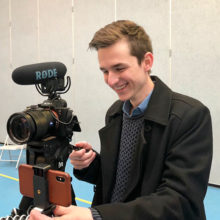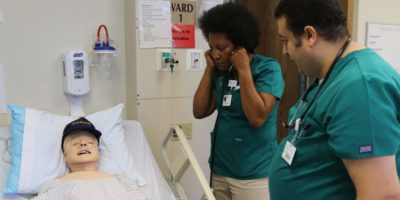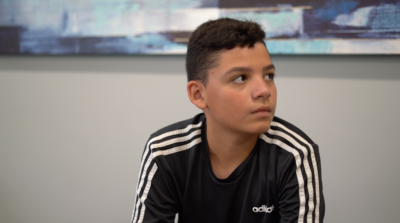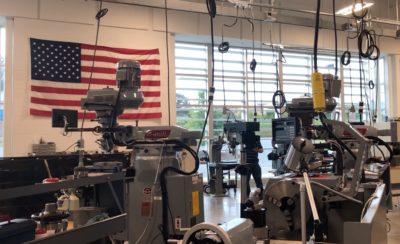This article is part of the Solution Seekers series. Find the full series here.
The Land of Sky Regional Council (LOSRC) first began in 1966. Over the years, it has been responsible for programs and partnerships that work to positively impact the people of Buncombe, Henderson, Madison, and Transylvania counties. The four counties’ regional landscape varies from fertile valleys to mountainous peaks, with the Blue Ridge Parkway weaving through the aptly named “Land of Sky.” These neighboring counties run north to south, touching state lines in opposite directions.
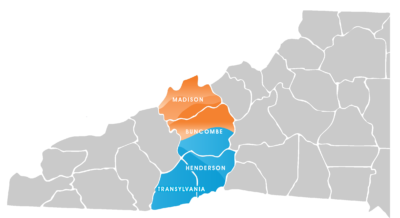
LOSRC serves 71 local governments in the region and its mission is to “provide creative regional solutions to relevant and emerging issues … while providing a standard of excellence in the delivery of federal, state, and regional services for our member communities.” These solutions have included workforce development, supporting an aging population, spearheading volunteer services, and more. As of a little over a year ago, the council added educational attainment to that list.
Connecting the dots
On Feb. 20, 2019, the myFutureNC Commission announced a statewide attainment goal that 2 million 25-44 year olds obtain a high-quality credential or college degree by 2030. The Land of Sky Educational Attainment & Workforce Collaborative was born shortly thereafter, and it aims to support that goal with its regional population of around 435,000.
The collaborative consists of representatives from K-12, universities, community colleges, and workforce institutions across the four counties. This consortium, spearheaded by Joseph Fox, who is the project coordinator for the group, has been hard at work creating a strategic plan that details the steps and benchmarks the collaborative wants to hit. This plan will be made public in the upcoming weeks.
When it comes to boosting attainment, Fox prefers to use the analogy of connecting the dots versus fixing a leaky pipeline. The collaborative is looking at pre-K, elementary, middle, and high school programs to figure out how they can all work together better.
“We’re connecting the dots around that educational attainment from pre-K programs, all the way through gainful employment for our long-term strategy,” he said.
Michael Dempsey, dean and director of the Center for Graduate Studies at Lenoir-Rhyne University, is on the collaborative’s steering committee. He appreciates the attainment goal set by myFutureNC, but is looking even farther forward. He wonders: Where are we going to be a 100 years from now? This is our starting point, he thinks.
“What is our region going to look like and how are the people, all people, benefiting from the economy of that region?”
Dr. Michael Dempsey, Dean at the Lenoir-Rhyne University Asheville Campus
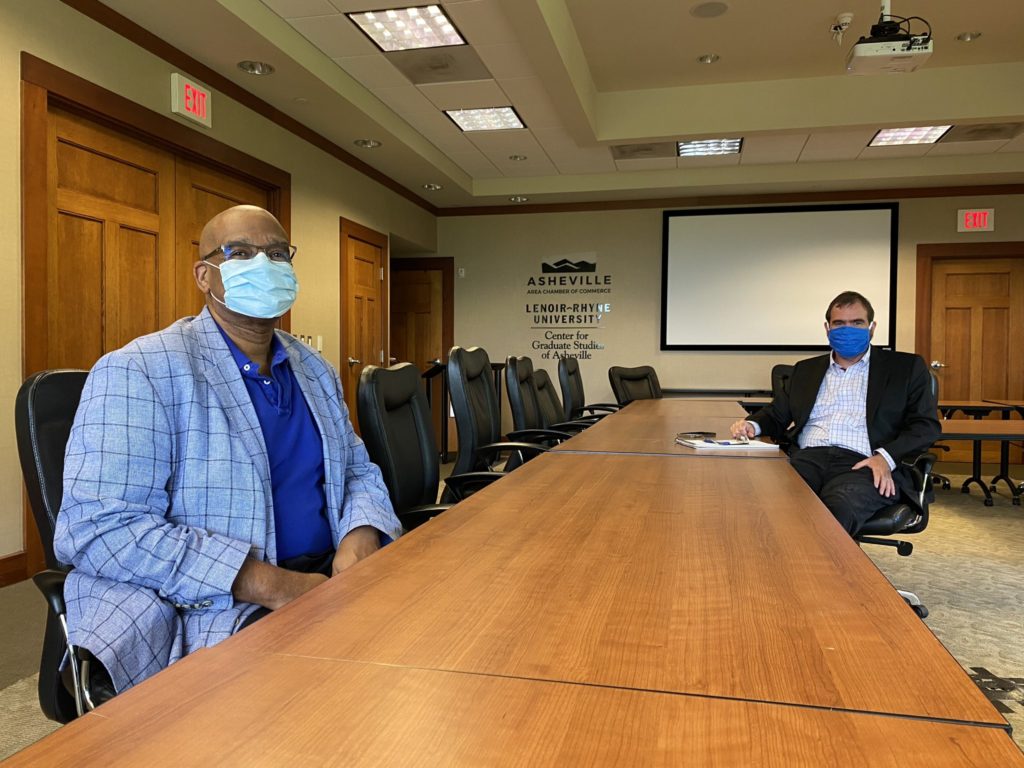
What does the collaborative look like?
The steering committee, constructed of six members with representation from all four counties, strives to meet every two weeks. Fox reports to them, but also guides them forward. Funding for the collaborative comes from the John M Belk Endowment. COVID-19 has restructured their timeline, but they are determined to be flexible and that will be reflected in the updated strategic plan.
When thinking of the implementation process to reach this attainment goal, Fox likes to ask people, “What do you need to be able to do your job better?” He knows there is good work happening, and the collaborative’s job is to support that, celebrating best practices. He wants to create bridges for those best practices, from the educational institutions to the industries in the region.
To create these “bridges” between multiple sectors, the collaborative is using the Collective Impact Model, a practice of reaching out to community stakeholders, advocacy groups, and leaders who are already doing game-changing work.
One example is the Made in Henderson County Apprenticeship program, a partnership between Blue Ridge Community College, Henderson County Public Schools, Henderson County Partnership for Economic Development, and several local companies. Learn more about the program, which addresses the shortage of manufacturing workers in the county, in this video.
In the K-12 sector, the collaborative has turned the United Way of Asheville and Buncombe County’s Community Schools. This initiative takes the “whole child, whole family approach to school,” says Laura Elliot, senior director of community schools and network development.
Community Schools puts a United Way employee in a local public school, where they work with families and community partners to match resources with the right students, lending support for academic success. Each school’s strategy is different, which creates powerful interventions for the needs of each group. This initiative encapsulates the idea of celebrating best practices already in existence, and the collaborative hopes to capitalize on their good work.
Community Schools has developed the Early Warning Response System (EWRS), a database for K-12 schools where attendance, behavior, and course grades all live in the same dashboard. These indicators together allow the initiative and community partners to identify students with support needs.
Having access to this data means they can be more proactive rather than reactive. Along with this intervention tool, Community Schools is creating a data and evaluation platform that is centered on a “bold community goal,” says Elliot. The collaborative is interested in learning from strong community organizations like this that are creating benchmark indicators for success in their own sectors.
Fox acknowledges there are many moving parts to the collaborative. Getting all sectors from pre-K to employers on board takes a lot of juggling, but he is excited to highlight what the region is doing so well. Dempsey adds, “We are working together on a lot of different levels.”
“We’re doing it for the greater good, not just to make business people happy, not just to boost enrollment at the colleges, but to make life better for people across this four county region, no matter who they are.”
Dr. Michael Dempsey, Dean and Director of Lenoir-Rhyne University’s Asheville campus
Behind the Story
Caroline Parker did the reporting, wrote the story, and shot the footage. Robert Kinlaw produced the video.


